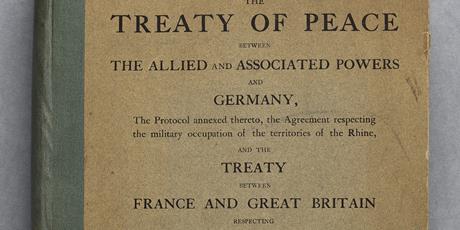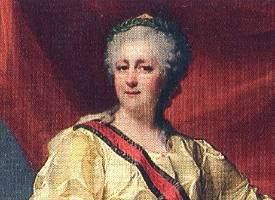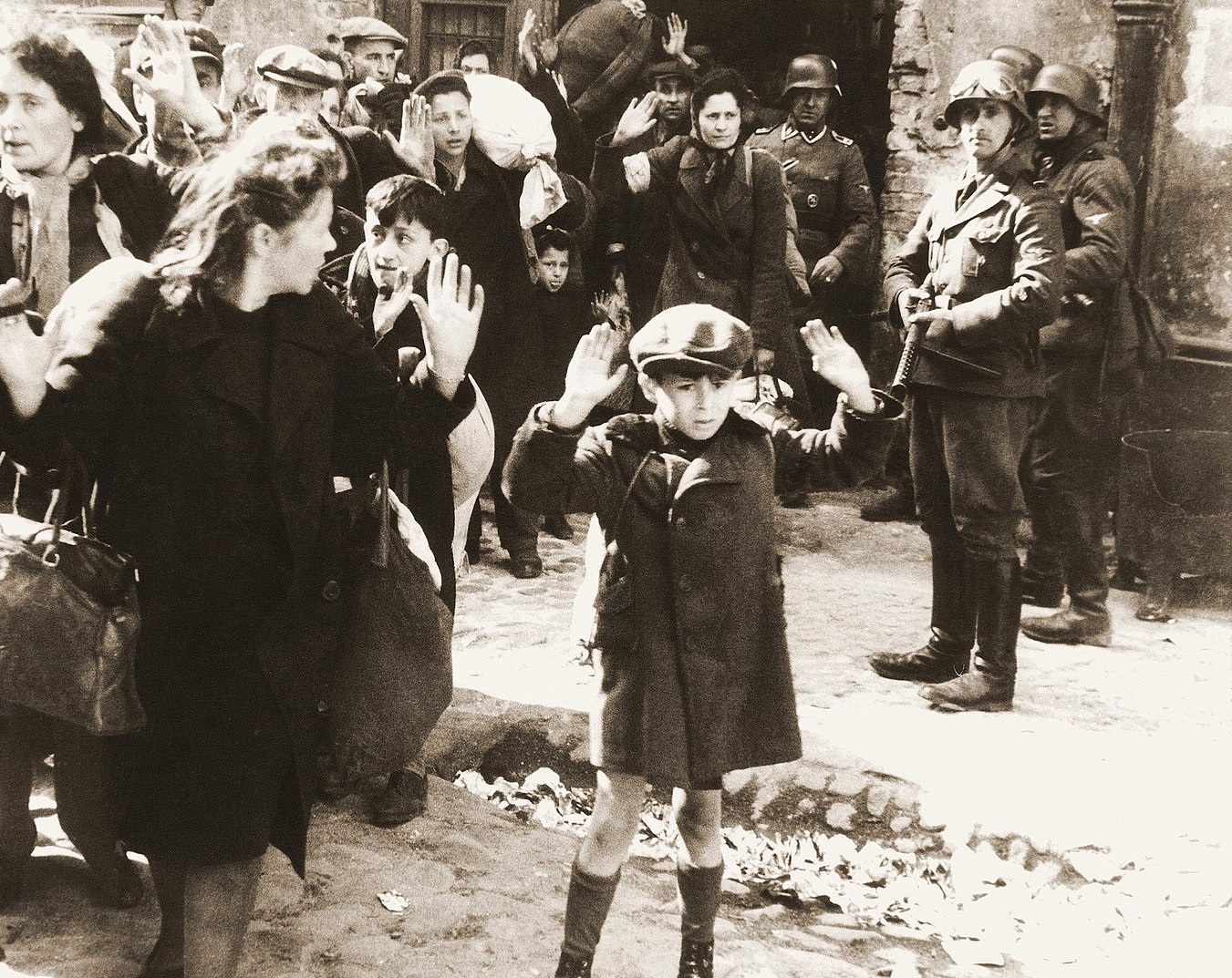
This lesson is meant to be taught after WWI content and introduces your students to WWII. Students will learn how economic and political issues after WWI lit a fuse that exploded into WWII. Using hands-on activities and discussions, students will explore the vocabulary and multiple causes of WWII. Following... Read more »
Causes of WWII

Causes and Effects of the Congress of Vienna
This lesson introduces students to the impact of the Congress of Vienna. This lesson is meant to be taught after the French Revolution and Napoleon content has been introduced to students. Using hands-on activities, discussions, and research, students explore the individuals who helped shape the Congress... Read more »
Causes and Effects of the Congress of Vienna

History courses are filled with people who have "made" history. In this lesson, students will analyze historical figures and make connections about their places in history. Students will research a world historical figure of their choice and examine their impact during their historical period, as well... Read more »
Analyzing History

This lesson will focus on the impacts of the Cold War era in U.S. history. Guiding this lesson is an essential question focused on the use of fear. Hands-on activities, reading of a relevant news article, and argumentative writing will assist students in their exploration of brinkmanship and mutually... Read more »
Impact of the Cold War

In this U.S. history lesson, students analyze the Berlin Wall speeches of President John F. Kennedy (1963) and President Ronald Reagan (1987) in both video and text formats. A variety of assessment options are provided for students to demonstrate their understanding. Read more »
U.S. History

This lesson explores the stories in history that are often forgotten. Frequently, textbooks include the "winners" of history, but the stories and perspectives of the "losers" of history are left out. Students will explore those stories in this lesson and look at all sides of history in an attempt to... Read more »
Teaching Perspective in the Social Studies Classroom

This lesson is a single-day introduction to key vocabulary related to the Enlightenment period. Students will engage in discussion about general concepts raised by philosophers of the time, sort terms into common themes, and begin to relate them to American life today. Read more »
Introduction to the Enlightenment

In this lesson, students will explore the technology used by European explorers during the Age of Exploration. Through analyzing images, watching a video, and selecting an activity from a Choice Board, students will learn about four navigational tools and how this new technology influenced European... Read more »
European Exploration and Navigational Tools

Students begin this lesson by analyzing a poem written by Wilfred Owen, a British soldier in WWI. Students then make observations and inferences about the technologies developed and used in WWI. Students view a short video about WWI technologies and complete Jigsaw readings in groups about the technologies.... Read more »
Technology in WWI and Its Effects

Students will discuss global cultural, political, and economic issues/challenges facing today's society. Students will work independently and in groups, utilizing discussion, text, handouts, and video, to identify the pros and cons of globalization. Read more »
Globalization

Students will analyze and summarize the philosophical and political principles of ancient and classical societies. Students will work independently and in groups using discussion, text, handouts, and video to identify the impact of Greek and Roman philosophy on the modern world. Read more »
Ancient Philosophy

This lesson will ask students to consider and respond to the following essential question: "Why should we remember the Holocaust?" First, students will investigate the events that happened during the Holocaust by examining an infographic and reading the testimonies of those who experienced it. Next,... Read more »
Stories of the Holocaust